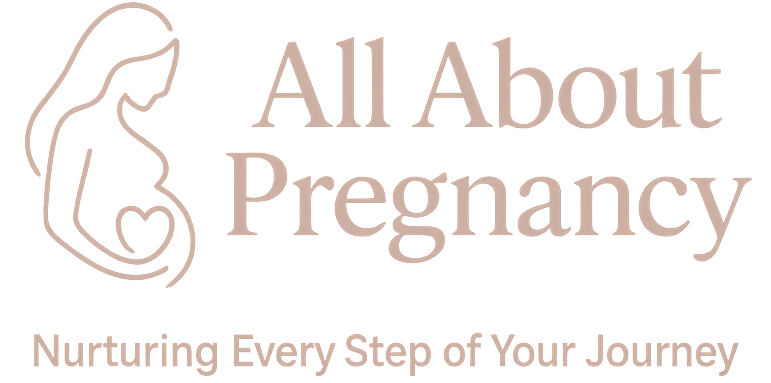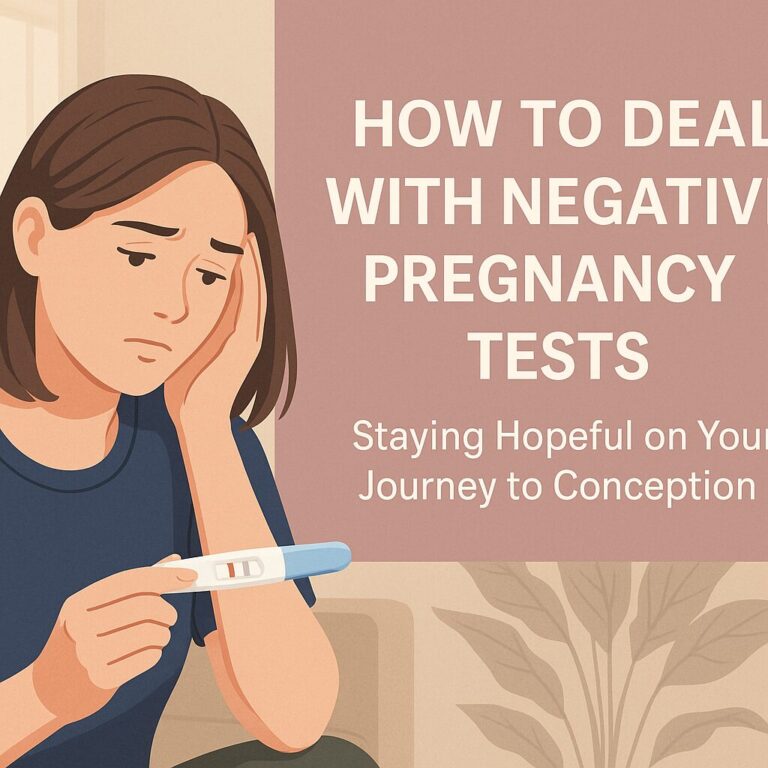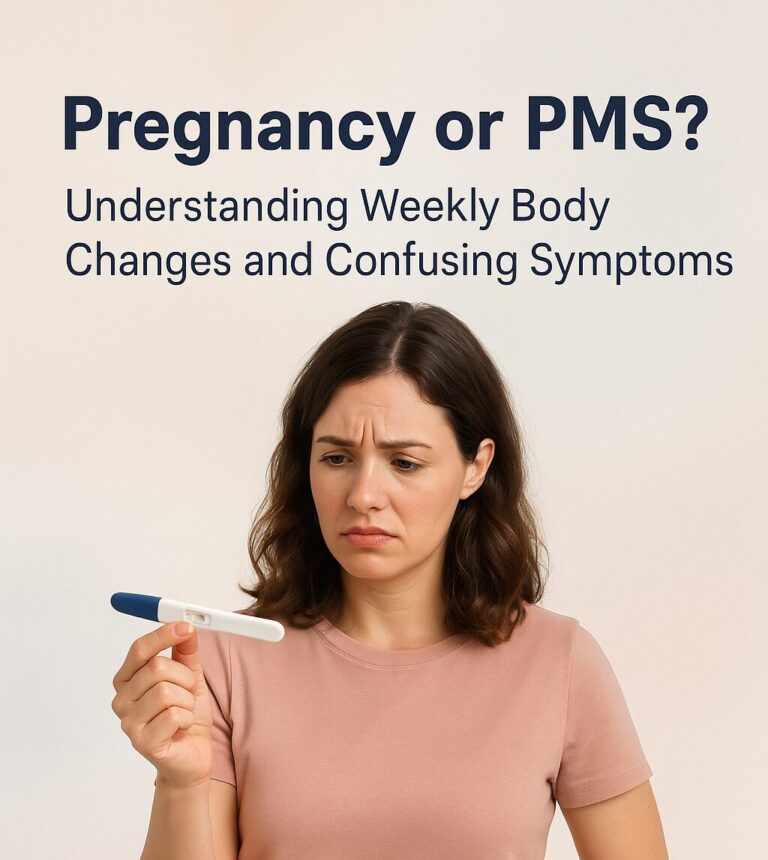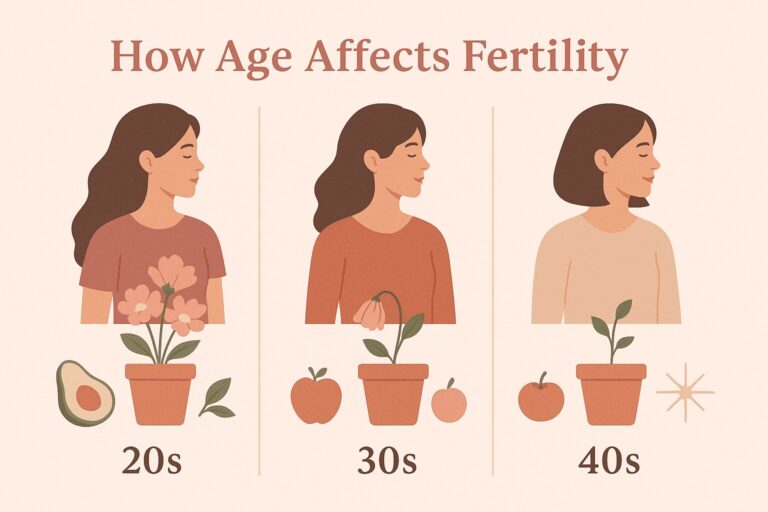Introduction
You’ve read about what to eat for fertility—but do you know what not to eat? Diet plays a critical role in reproductive health, and certain foods and ingredients can disrupt hormones, reduce egg or sperm quality, and even delay ovulation. Whether you’re just starting your conception journey or optimizing every factor, avoiding fertility-harming foods is key.
1. Processed Foods
Why to avoid:
Processed foods often contain trans fats, excess sodium, additives, and preservatives. These elements contribute to inflammation, insulin resistance, and hormonal imbalances.
Examples include:
- Packaged snacks (chips, cookies, instant noodles)
- Frozen ready meals
- Deep-fried fast food
Tip: Choose whole foods—fruits, vegetables, whole grains, and home-cooked meals.
2. High-Sugar Foods
Why to avoid:
Sugar spikes insulin levels, which in turn can affect ovulation and reduce egg quality in women and testosterone levels in men.
Hidden sources:
- Sugary cereals
- Soda and bottled juices
- Energy drinks
- Candy and baked goods
Tip: Replace refined sugars with natural sweeteners like honey or dates.
3. Caffeine in Excess
Why to limit:
While moderate caffeine (up to 200mg/day) is safe, too much may decrease fertility by affecting hormone levels and the uterine lining.
Watch out for:
- Coffee (more than 2 cups/day)
- Energy drinks
- Black tea and soft drinks
Tip: Switch to herbal teas like peppermint or raspberry leaf during the luteal phase.
4. Alcohol
Why to avoid:
Alcohol disrupts estrogen and progesterone levels, increases oxidative stress, and reduces sperm quality.
Men & Women:
- Even occasional heavy drinking can lower fertility
- Avoid alcohol while actively trying to conceive
Tip: Try mocktails or fruit-infused water to stay social without compromising health.
5. Soy Products in Excess
Why to limit:
Soy contains phytoestrogens that mimic estrogen in the body. While small amounts are okay, high intake may affect ovulation in women and sperm concentration in men.
High-soy foods:
- Tofu
- Soy milk
- Edamame (in large quantities)
Tip: Rotate protein sources—include lentils, beans, eggs, and nuts.
6. Non-Organic Produce with High Pesticides
Why to avoid:
Pesticides and chemicals from conventional farming can act as endocrine disruptors.
Most contaminated items (a.k.a. Dirty Dozen):
- Strawberries, spinach, apples, grapes, and tomatoes
Tip: Wash produce thoroughly or choose organic for the Dirty Dozen.
7. Low-Fat or Fat-Free Dairy
Why to rethink:
Some studies suggest low-fat dairy may be linked to ovulatory infertility, possibly due to hormone content or fat-soluble vitamins being stripped.
Tip: Opt for full-fat, organic dairy in moderation—especially Greek yogurt or milk.
8. Red and Processed Meats
Why to limit:
High intake of red meats has been linked to endometriosis and inflammation. Processed meats contain nitrates, which may impact sperm health.
Examples:
- Sausages
- Bacon
- Deli meats
Tip: Choose lean meats like turkey, chicken, or plant-based proteins.
9. Artificial Sweeteners
Why to skip:
Sweeteners like aspartame and saccharin may impair gut health and metabolic function, which in turn affects fertility.
Tip: Use small amounts of stevia or natural fruit puree for sweetening needs.
10. BPA-Containing Packaged Food
Why to avoid:
Bisphenol-A (BPA), found in plastic containers and canned food linings, has been associated with hormonal disruption.
Tip: Store food in glass or stainless steel containers and choose BPA-free products.
Conclusion: Small Changes, Big Impact
Fertility is influenced by many factors, but diet is one you can fully control. Avoiding these fertility-blocking foods won’t just increase your chances of getting pregnant—it will also create a healthier foundation for your pregnancy and baby.








